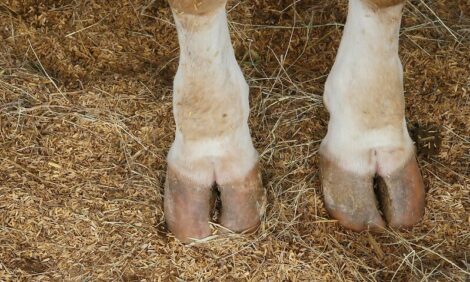



Argentina hikes export tax on soy oil, meal
The hike is meant to tackle domestic inflation, authorities sayArgentina has raised the export tax rate on soy oil and meal by two percentage points to 33% until the end of the year in a bid to combat domestic inflation, the government said in the official gazette on Saturday.
The South American country is the world's top exporter of processed soy oil and meal. The government has declared a "war" on inflation, which is running at above 50% annually, reported Reuters.
The decree undid a tax reduction announced in late 2020 by the current government of center-left President Alberto Fernandez, and means that processed soy products will be taxed at the same rate as raw soy beans.
Fernandez said these changes were necessary in part because of Russia's invasion of Ukraine, which has upended markets for agricultural supplies.
"The new international context forces us to take urgent measures that help stabilize domestic prices of essential products," the decree announcing the measure said.
The oilseed industry chamber CIARA said it was analyzing potential legal challenges to the tax hike.
This measure "clearly punishes the industrialization of Argentina," Gustavo Idrogras, head of the CIARA-CEC grains exporting chamber, told Reuters. "This will severely affect all of the soy chain."
Agrobusiness has had a tense relationship with Fernandez and previous administrations governed by his Peronist party because of their tendency to intervene in the market.
"This creates a climate of uncertainty and lack of confidence ... I think it's heading toward a national protest," said Jorge Chemes, head of the Argentine rural confederation CRA.
Export taxes are an important part of Argentina's overall tax revenue. Exports of wheat and corn, two other pillars of local agrobusiness, are taxed at 12%.








